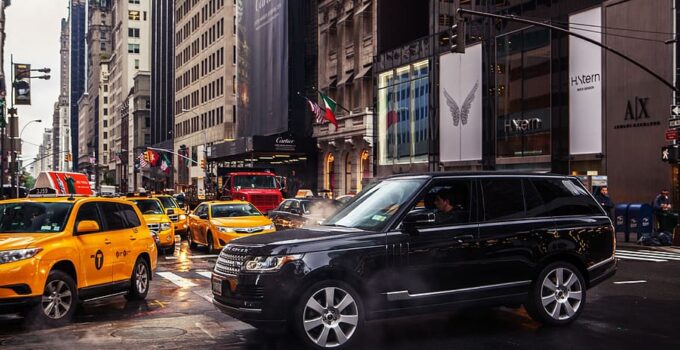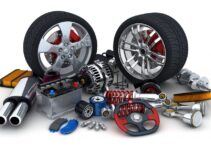So, you are probably thinking of getting a new car. Perhaps you were in a bus, and got to a stoplight, where you notice a sweet new ride next to your window, or notice a glistening SUV near the window of your home, leaving you feeling a pang of jealousy.
Well, just because you really want a new car to show off to everyone you know, does not mean you really need it.
While it is very easy to just walk to a dealership and spend hundreds of thousands on the shiny new car, thinking about counting the cost of maintaining car is far from your mind. It can actually prove to be a lousy financial investment, especially when you think of it in the long term.
This brings up the question: is a car even necessary for you? Does it even make sense to splurge on one? Here are some factors to consider when you are thinking of spending your money on getting a new machine.
Page Contents
What to consider when purchasing a car
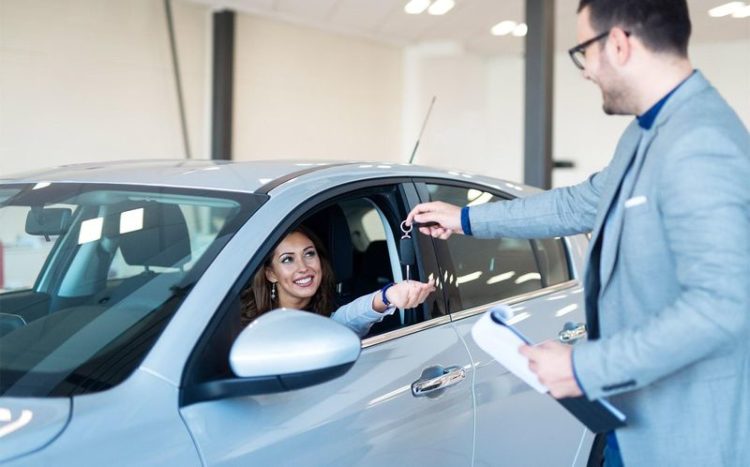
source:unsplash.com
Money
Cars are expensive, no doubt. Even the cheaper cars will set you back significantly, so it is very important to think about whether it is worth the resources you will put into it. Fortunately, there are plenty of guides that can help you factor in the costs involved, and you can even read more on motorbeast for that issue.
Some of the things to keep in mind are:
How much will the MPG save your wallet?
It is always important to compare the costs of fuel on average, and the amounts you plan to use on your car each year, then contrast it with the potential savings you will make after buying the car. The higher you go in terms of fueling costs (due to lower fuel efficiency), the income and savings you make should go higher as well to compensate for it – otherwise, it will be a drain on your resources.
The costs of repair
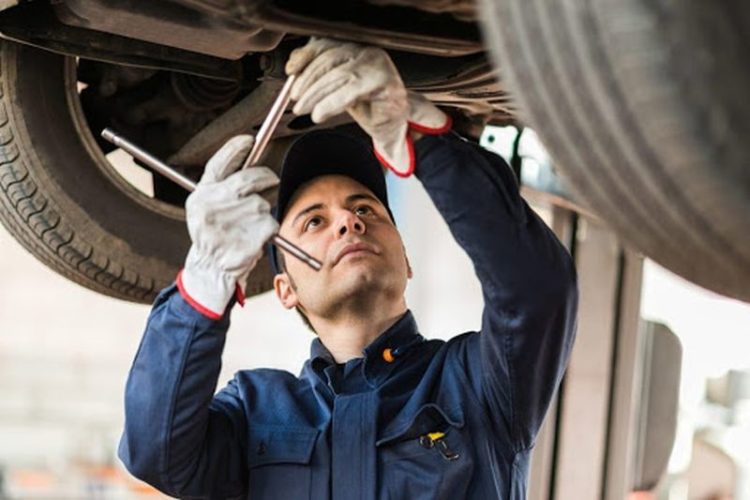
source:unsplash.com
If the yearly bills for your repair schedule go beyond a year’s worth of the car payment, then you can consider getting a car. However, if you already own an older car, dropping money on its repair costs can sometimes be a better option than purchasing an entirely new car.
The depreciation value of the car
All cars are depreciating assets, and they will go down in their value significantly (especially during the first few years of ownership). If the depreciation rates of the car are higher than your monthly payments, especially if you took out a loan to buy it – then that car is a bad investment for you and you should avoid it.
Always check the depreciation rates before buying one, since different models will have different reduction rates in value.
Safety levels
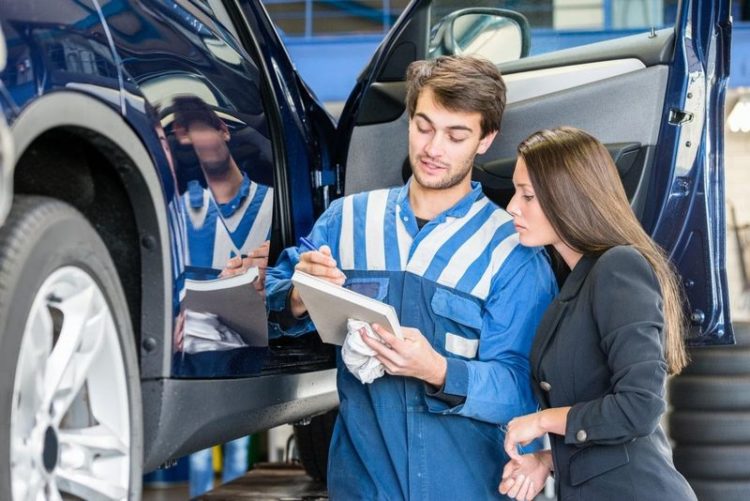
source:unsplash.com
All cars, regardless of model and cost, must have the following aspects:
- Forward-collision warnings
- Curtain airbags
- ESC (electronic stability control)
- Backup camera
If the car model you are considering does not have these basics, then you need to look for other models that do. Their presence is non-negotiable in any car you want to buy.
In order to make them even safer, consider buying cars that have:
- Forward-collision warning, in addition to an automated braking system
- A ‘Good’ score or higher in the overlap test from the IIHS
- Warning lights for lane departure
- Adequate monitoring of blind spots
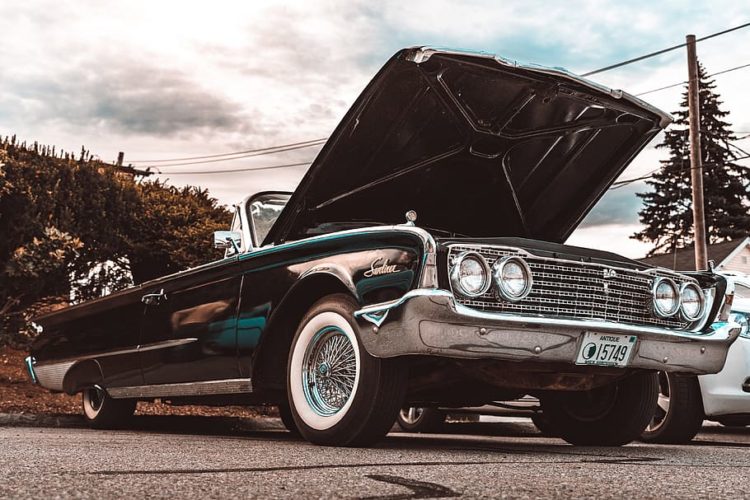
source:pxfuel.com
When getting a car that has all the features we mention above, many of the models you will notice will likely be newer cars – especially for a non-luxury model. However, you do not need to go for these models just because of that – when you take your time and shop wisely, you will find some good late-model cars that are used, while still offering a great balance between pricing and features.
The good thing about modern cars is their motive to avoid incidences of crashes, as they employ a variety of safety mechanisms – such as warning drivers of hazards, or a quick response to threats. In response, they can stop or slow down the car automatically. Some can also use visual aids, such as blind-spot monitoring and rear cameras, which help to increase situational awareness by showing you what is around you. With all things considered, always go for the safest car you can get within your budget.

